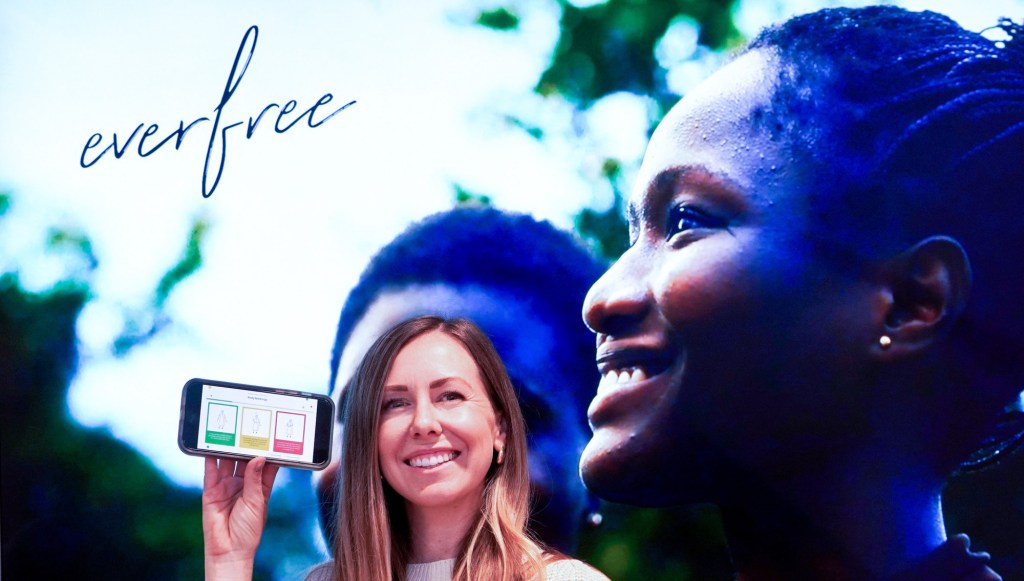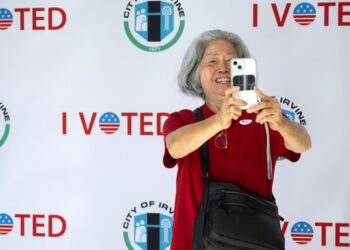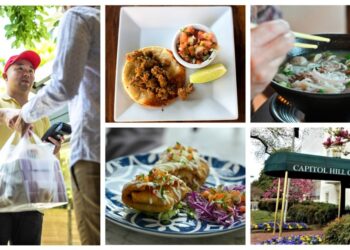A new bit of technology, created by a grad student at UC Irvine and financed by one of Orange County’s leading philanthropists, soon could reshape the fight to end human trafficking.
When and if that happens, it’ll be changing a world of crime, suffering and, for the moment, a lot of unknowns.
For example, there are, depending on the estimate, between 25 million and 89 million people around the world – including several hundred in Orange County – trapped in a cycle broadly described as “human trafficking.” And, depending on how the problem is described, those people are forced to provide a wide range of profitable labor – as sex workers or in manufacturing or on farms or as servants, among other things – without compensation.
In all, it is estimated that human trafficking churns out about $155 billion a year. Or a lot more, again, depending on who is totaling up the damage. What’s known, for certain, is that virtually all of the money goes to traffickers.
If all of those guestimates seem wide, and the definitions of slavery seem plentiful, there’s a reason: No single group tracks human trafficking. Instead, there are dozens, ranging from well-known or easy-to-identify entities like the United Nations and the FBI and the Human Trafficking Institute to small non-profits that work directly with victims in places as diverse as Cambodia and Uganda and Garden Grove.
But as disparate as those anti-trafficking forces are they share a common challenge – no reliable data from victims.
Who is likely to be victimized and who isn’t? Why? What social factors help people break free from their traffickers? What helps them stay free? Those and many other questions could be better approached if trafficking experts had information based on the common experiences of thousands of victims.
Soon, they might.
On Thursday, Nov. 9, at a media event in Orange, the public is slated to get a first look at Freedom Lifemap, an online assessment questionnaire…
Read the full article here







